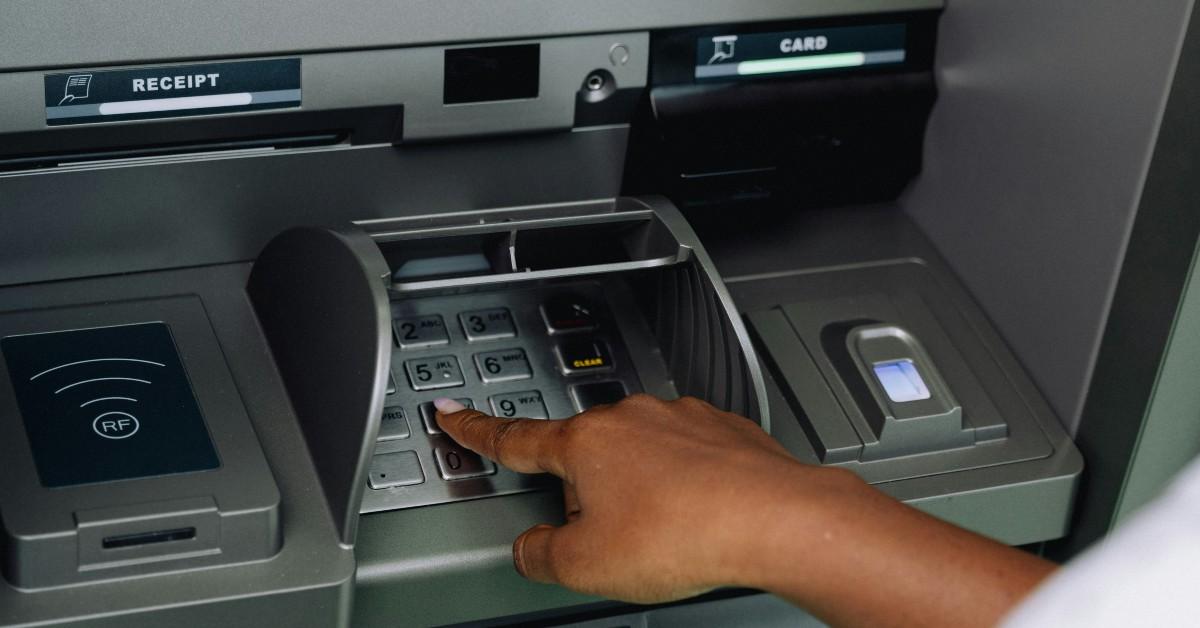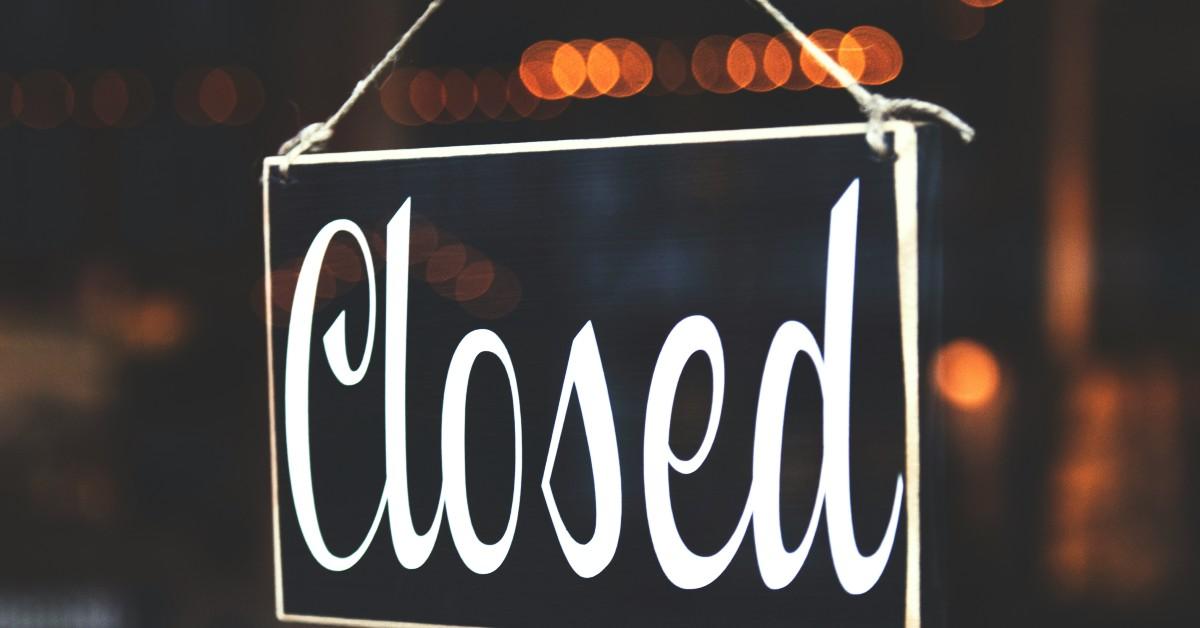Does the 4th of July Affect Direct Deposit? Understanding Holiday Bank Delays
How will the 4th of July affect direct deposit for those who usually get paid on Fridays?
Published July 4 2025, 7:02 a.m. ET
If you've ever timed your bills or rent for payday, you know how crucial it is for that direct deposit to hit exactly when expected. So, it is especially stressful when a holiday like Independence Day lands on a Friday, one of the most common paydays for weekly and biweekly schedules. For this reason, a lot of people are wondering if holidays like the 4th of July affect direct deposit. Furthermore, if they do, how long would you have to wait for your paycheck?
Unfortunately, the short answer isn’t great. Independence Day is a federal holiday. This means the entire banking system, including the ACH network that handles most direct deposits, pauses for the day. So, even if your employer runs payroll on time, the holiday can throw a wrench into your plans.
Why does the 4th of July affect direct deposit?
The 4th of July is a federally recognized bank holiday in the United States. When the holiday lands on a weekday — especially Friday — it interrupts the typical flow of electronic payments. According to Experian, “Banks and credit unions are closed on federal holidays, and the ACH network doesn't process transactions.”
What that means is direct deposits can't settle or clear on Independence Day. Employers who want staff paid on time need to submit payroll files in advance — often at least one or two business days before the holiday — to make sure everything clears before banks close. If an employer doesn't plan ahead or if the payroll schedule is fixed without adjustments, pay that would normally arrive on Friday might not show up until the next business day.
For people who live paycheck to paycheck, the harsh reality of payday falling on a federal holiday can be difficult to deal with.
Does this mean your direct deposit will come on Saturday if Friday is a federal holiday?
With this information in mind, it is normal to wonder if this means your paycheck will come on Saturday. Unfortunately, the answer isn’t very black and white. Furthermore, the answer often ends up being no.
The ACH system that most payroll providers use only moves money on business days, excluding weekends and federal holidays. As GetNickel explains, “ACH transfers are processed by banks on business days … if a payment is initiated on a Friday (or holiday observed on Friday), it typically won’t move until the next business day.”
Even if your bank is technically “open” on Saturday — and some credit unions and banks do have Saturday hours — this doesn’t mean new ACH deposits will process that day. The issue isn’t just your bank being open; it’s the entire chain: your employer’s bank, the Federal Reserve system, and the ACH network all need to be moving the money.
Sometimes you’ll see exceptions, especially if your employer’s payroll processor submits well ahead of time, or if your bank offers early direct deposit features that front you the money based on notification of incoming funds. These are optional services and can vary by employer and bank. In general, you shouldn’t count on seeing your direct deposit on Saturday if payday was meant for Friday, and that Friday is July 4th. Instead, you should count on not seeing that money until Monday.
Plan ahead for holiday delays and know your payroll schedule.
The best advice for employees is to confirm with your HR department or payroll team before the holiday. Many employers do adjust pay cycles in advance of big federal holidays like Independence Day, ensuring funds arrive on Thursday instead of Friday if the holiday would otherwise block payment.
Banks and payroll processors typically warn businesses about these holiday schedules, but it’s up to employers to act on it. If your employer doesn't proactively shift the payment schedule, the result is your paycheck being delayed until Monday.
For those living paycheck to paycheck — especially at the start of the month — that’s not a minor inconvenience. It’s something that can genuinely threaten paying your bills on time. So, planning ahead and confirming with your employer is essential.



